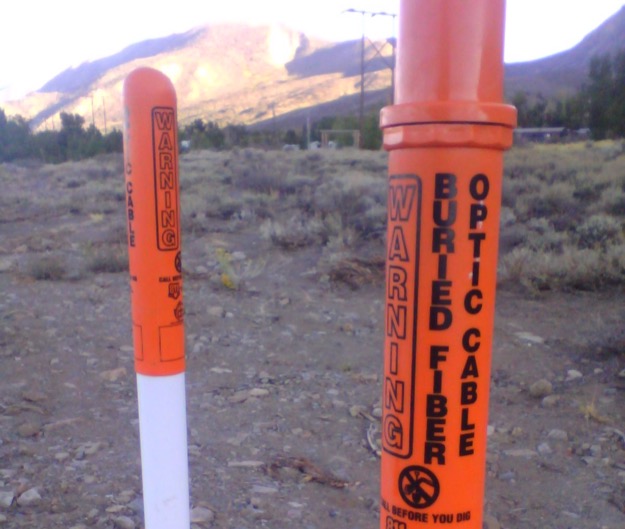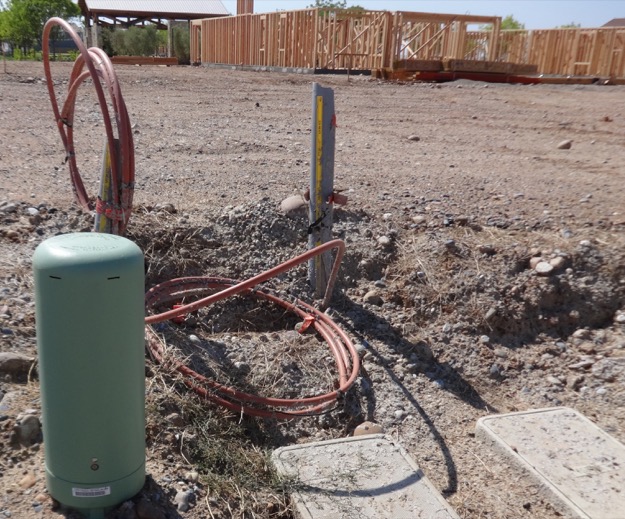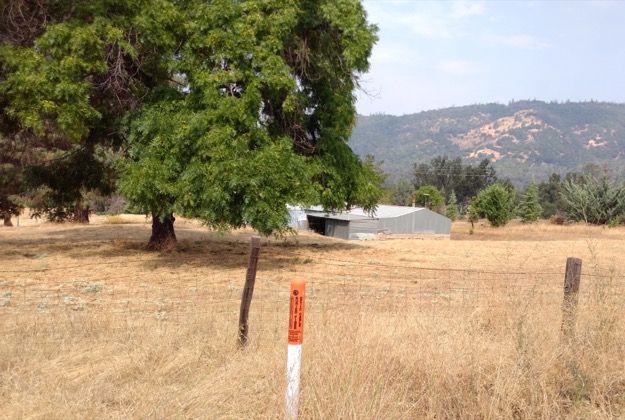Regulated or not, broadband is a utility and 25 down/3 up is the minimum needed. For now, CPUC says

Broadband is both a utility service and essential, according to a decision last week by the California Public Utilities Commission. A framework for analysing the affordability of utility services in the aggregate – the total monthly cost of energy, water and telecoms – was approved in a unanimous vote. The methodology sums the cost of the “essential service quantity” of all utilities and compares it a household’s ability to pay it, given all the other expenses – rent, for example – that have to be met, too.… More



![By USFS Region 5 (Thomas Fire) [CC BY 2.0 (https://creativecommons.org/licenses/by/2.0) or Public domain], via Wikimedia Commons](https://www.tellusventure.com/images/2018/7/thomas_fire_2018_utility_lines.jpg)



![Judgefloro [CC0] Spam](https://www.tellusventure.com/images/2019/spam.jpg)
![By Grand Parc - Bordeaux, France from France This image was downloaded from Flickr by Medium69. Cette image a été téléchargée depuis Flickr par Medium69. (Pinnochio) [CC BY 2.0 (https://creativecommons.org/licenses/by/2.0)], via Wikimedia Commons](https://www.tellusventure.com/images/2015/3/pinocchio.jpg)
